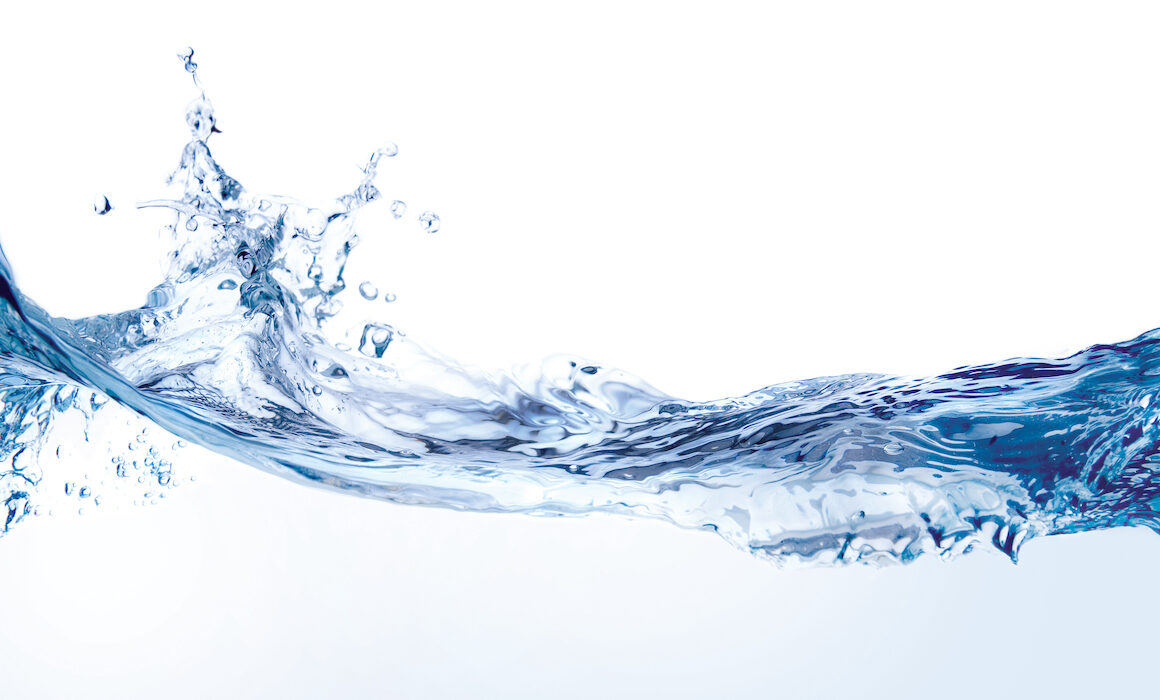Clean water is crucial for survival, but it is in short supply, with 771 million people living without access to it. It is also a necessity for places that help society function, including power plants, oil refineries, pharmaceutical companies, dairies, breweries, municipalities, textile factories, fish farms, and more. Israeli company Atlantium Technologies, led in part by CTO and Technion alum Ytzhak Rozenberg, is working to help mitigate this widespread issue, by combining old technology developed by a Nobel Laureate with new findings to create their patented disinfection process.
Atlantium has combined ultraviolet radiation, or the process of using sunlight to kill bacteria, with fiber optics to produce a way to cleanse water on an industrial scale. Their technology can handle huge amounts of water and is very efficient, which is necessary when the pathogens are aggressive. The process achieves what the industry calls “total kill,” or the zapping of all pathogens in the water so that they can no longer reproduce.
The key to the company’s sophisticated, chemical-free method is their Hydro-Optic technology, which is protected by more than 60 patents and ensures the UV light reaches every drop of water. It does this through the use of fiber optics to transmit light particles through the water as it flows through a reactor. The company’s process is both harmless and energy efficient.
Atlantium’s technology currently cleanses the water used by Coca-Cola, Schweppes, Pepsi, Carlsberg, Tuborg, MillerCoors, Kraft, Canada Dry, Unilever, and many more. Further, it is used in Chennai, India to cleanse 1.5 million liters of lake water per day to create drinking water, in Norway to fight viruses, fungus, algae, and a variety of bacteria in water used by the world’s first breeding plant for lumpfish, and in the Hoover Dam hydroelectric plant to stop mussels from clogging up the power-generating turbines. The company hopes to introduce the technology to the conservative industrial market and potentially in electric power plants, pulp and paper factories, car manufacturers, chemical companies, data centers, and more in the future.
